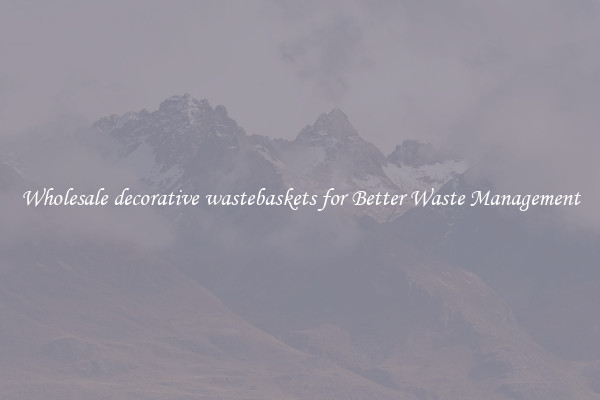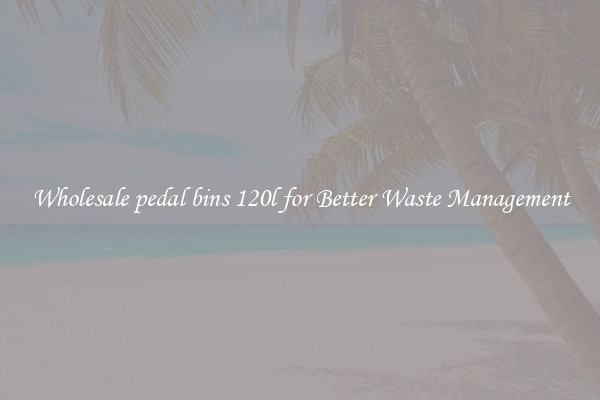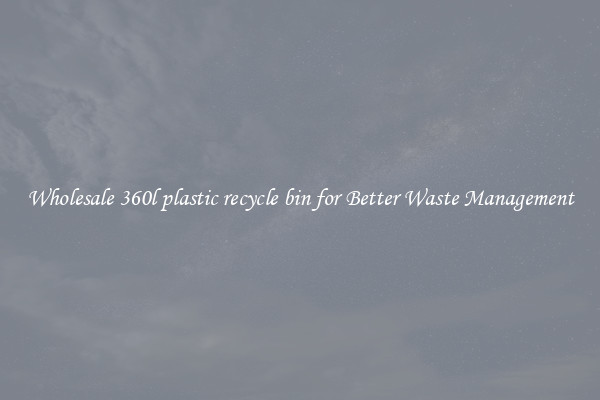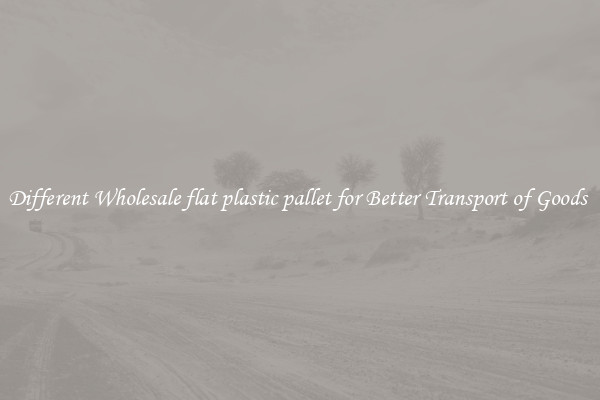Wholesale segregable for Better Waste Management
Wholesale segregation for Better Waste Management: A Sustainable Solution
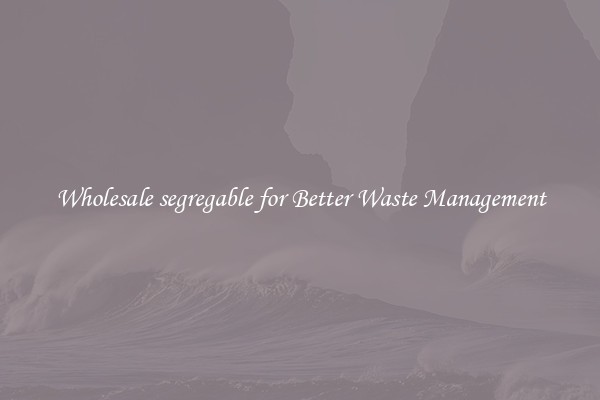
Waste management has become an increasingly urgent issue in recent years due to the exponential growth in global population and urbanization. As waste generation reaches alarming levels, traditional waste disposal methods are proving to be inadequate, causing environmental pollution and health hazards. In response, the concept of wholesale segregation has emerged as a sustainable solution to effectively manage waste and minimize its detrimental effects.
Wholesale segregation involves sorting waste at the source, i.e., households, commercial establishments, and industries. It entails categorizing the waste into different bins or containers based on its composition, such as organic, recyclable, and non-recyclable waste. This approach allows for more efficient waste management processes, from collection to treatment and disposal.
One of the key benefits of wholesale segregation is the ability to maximize resource recovery through recycling and composting. By segregating waste at its source, recyclable materials like paper, plastics, glass, and metals can be easily identified and sent for recycling. This reduces the demand for virgin materials, conserves natural resources, and minimizes energy consumption during production.
Moreover, organic waste, like food scraps and plant matter, can be separated and converted into nutrient-rich compost through composting. This compost can then be used as a natural fertilizer, promoting soil health and reducing the need for chemical fertilizers that add to water pollution and greenhouse gas emissions.
Another advantage of wholesale segregation is its potential for creating a circular economy. By segregating waste into its different components, it becomes easier to channel them back into the production cycle. For instance, recycled plastics can be used to manufacture new products, reducing plastic waste and its adverse impacts on marine life and ecosystems. This closed-loop approach not only reduces waste but also creates job opportunities in the recycling industry.
In addition to resource recovery, wholesale segregation significantly reduces the volume of waste ending up in landfills. Non-recyclable waste, such as hazardous materials, can be identified and properly disposed of, preventing potential environmental and public health risks. By diverting waste away from landfills, wholesale segregation minimizes greenhouse gas emissions, which are major contributors to climate change.
Implementing a wholesale segregation system requires strong collaboration between various stakeholders, including local governments, waste management agencies, businesses, and citizens. Awareness campaigns and education programs must be conducted to familiarize communities with the principles and benefits of waste segregation, ensuring active participation.
In conclusion, wholesale segregation plays a crucial role in better waste management. By sorting waste at its source and maximizing resource recovery, this approach ensures a sustainable and circular economy while minimizing environmental pollution and health hazards. The adoption of wholesale segregation, supported by effective policies and collective efforts, can pave the way for a cleaner and greener future.

View details

View details

View details

View details
